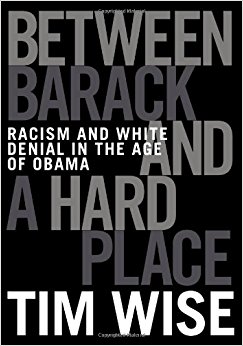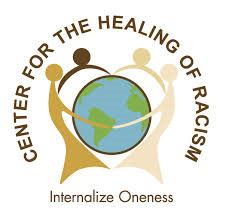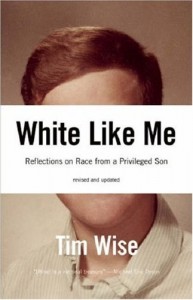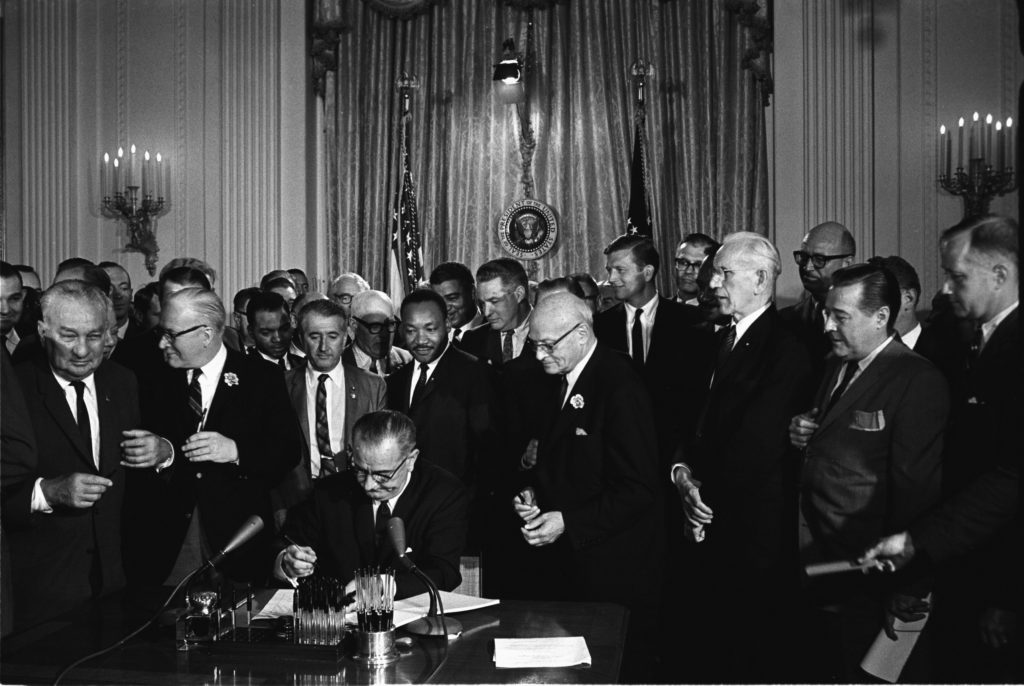Click here to return to Blog Post Intro

Between Barack and a Hard Place by Tim Wise
Published in January 2009—just weeks after Obama’s election as President of the United States—Wise argues that while the individual success of persons of color, as with Obama, is meaningful (and at this level was unthinkable merely a generation ago), the larger systemic and institutional realities of life in America suggest the ongoing salience of a deep-seated cultural malady—racism—which has been neither eradicated nor even substantially diminished by Obama’s victory.
Wise argues that instead of the “Old-fashioned Bigotry” of Racism 1.0, we face a new Racism 2.0, which allowed Obama to win the presidency because of his ability to ease white fears and transcend his blackness. In some ways, Wise argues, Obama’s victory may make it more difficult for African-Americans who aren’t able to be Obama-like in style, affect, or educational background.
Differences in Perception
Whites and blacks have a long history of viewing America and opportunities differently. Let’s take a look at some of the common perceptions of the 1960’s:
- In 1962, 90% of whites said black children were treated equally in terms of educational opportunity
- In 1963, two-thirds of whites told Gallup pollsters that blacks were treated equally in white communities
Tim Wise said this was “White Denial.” So, we’re a little more enlightened today, right?
From a Summer 2008 Gallup/USA Today Poll
- More than 3 in 4 whites say “blacks have just as good a chance as whites to get any job for which they are qualified” (fewer than half of African-Americans agree)
- 80% of whites say blacks have “just as good a chance as whites to get a good education” (fewer than half the blacks agree)
- 85% of whites claim blacks have “just as good a chance to get any housing they can afford”, while only 52% of blacks agree
- Only 1/3 of whites accept the proposition that discrimination has played a major role in producing income disparities between blacks & whites
Forget perceptions, what does the data say?
- The average black family has less than 10% the net worth of the average white family
- Black high school graduates have higher unemployment rates than white dropouts
- White men with college degrees earn, on average, a third more than similar black men
- Middle-class black families have to put in 480 more hours per year relative to similar whites, just to make the same incomes as their white counterparts
- The typical young black male growing up today will earn 12% less than his father did a generation ago. Furthermore, the data suggests that while most middle-class white kids will grow up to do better economically than their parents did at the same age, most middle-class black kids will grow up to find themselves having fallen backwards and doing worse than their parents.
- Black youth from solidly middle-class families are three times as likely as similar whites to fall to the bottom of the income distribution, and nearly half of all black middle-class youth will do so.
The Audacity of Truth: A Call for White Responsibility
Wise argues that whites must take personal responsibility for addressing racism and white privilege. Confronting racism is white folks’ responsibility because even though we—in the present—are not to blame for the system we have inherited, the fact is, we have inherited it nonetheless and continue to benefit consciously or not, from the entrenched privileges that are the legacy of that system.
We whites must be willing to hear (and grapple with) the oft-unspoken but real and disturbing history of our nation when it comes to race. Among the chief impediments to productive dialogue and action to eradicate racism, white folks’ inability to conceive of our nation in any but the most patriotic and un-self-critical terms is among the greatest. Whites need to speak up whenever and wherever we observe racism, overt or subtle, personal or institutional.
We must critically assess each and every policy, practice, or procedure in place within the institutional settings where we operate, peeking under the hood to ferret out their inner workings, and especially when those inner-workings are contributing to the maintenance of racial inequality & injustice.
Brady’s Perspective

In April 2011, I joined Cherry Steinwender from the Center for the Healing of Racism for a discussion of “Racism in a Post-Racial Society” at the University of Houston-Clear Lake.

Here’s a snapshot of what I shared–
Most people like me—of the white, dominant culture–are oblivious to our privileges. Even those of us who are “culturally sensitive” and who encourage and espouse multiculturalism are largely unaware of how great the institutional challenges and barriers are for persons who are not light-skinned. It’s not just an individual matter; racism is deeply embedded in our culture and our society. We in the dominant culture just don’t notice it.
Over the past four decades, we were taught to see racism only in individual acts of meanness—not of invisible systems conferring power and dominance on our group. Those very systems ensure that persons who are not light-skinned will continue to be oppressed by the dominance of white society. Whites are taught to think of our lives as morally neutral, normative, and average, and also ideal, so that when we work to benefit others, this is seen as work which will allow “them” to be more like “us”. We do not even perceive “whiteness” as a racial identity; it is just “what is.” That racial smugness carries the strong connotation that white culture is superior and that other cultures are inferior based on race alone.
So, I encourage you to do what I’ve done…start your own personal journey. I’ve read several books, talked with others, participated in the Center for Healing Racism’s learning events, attended the White Privilege Conference, attended the White Men as Full Diversity Partners’ “White Men & Allies” Learning Lab, and shared my experiences at church and at work. I encourage you to raise your awareness of institutional racism, and be part of the solution—refuse to be oblivious if you were. If you’re white like me (see my post of Tim Wise’s book by that name), don’t rely on people of color. Be willing to do your own work, and seek an ally to support you on your journey.

In America, our greatest mission—to “build a more perfect Union”—is not yet complete. As President Lyndon Baines Johnson reminded us 50 years ago today, “This Civil Rights Act is a challenge to all of us to go to work in our communities and our States, in our homes and in our hearts, to eliminate the last vestiges of injustice in our beloved country.”

May we work together toward that more perfect Union, as we shoot for the stars!
